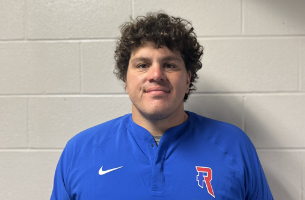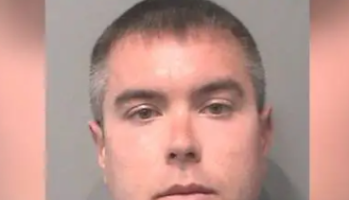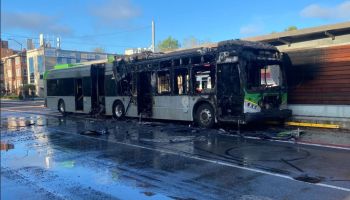WEST LAFAYETTE, Ind. — Racing teams from several different schools all across the world are putting the finishing touches on the cars they plan to race in the Indy Autonomous Challenge.
The event will pit 10 teams from 21 different schools in a race of fully autonomous Indy cars at the Indianapolis Motor Speedway for a cash prize of $1 million. The team that travels the furthest distance wins.
Two teams from Indiana will be competing in the race. The Indiana University School of Engineering is fielding a car for IUPUI. Black and Gold Autonomous Racing from Purdue University is teaming up with the United States Military Academy (West Point) for their entry into the event.
Aly El Gamal is a Purdue University professor helping oversee the team’s development of their car.
“In the first year and a half of the challenge we had the simulation phase,” El Gamal said. “But, in the last six months, we’ve been working on the car itself. This is a new piece of hardware that’s being assembled. No one has ever done this before.”
El Gamal said that they have done some testing at Lucas Oil Raceway and the Indianapolis Motor Speedway in the last few months in order to tune the car to what they want it to do and to make sure the autonomous software works properly.
“Right now we can go up to 60 miles per hour, well tested autonomously, at IMS,” he said. “We can imagine that in the next few weeks that we can go above 100 miles per hour.”
The car they are putting together with the help of Juncos-Hollinger Racing is an Indy Lights Dallara chassis, with a few tweaks in order to facilitate the massive amount of hardware that will drive the car. It includes computer chips, electronics, cameras, and systems so that the car can make adjustments while it races.
In a normal IndyCar, handling adjustments include changes to the tire pressure, front and rear wings, or the suspension. El Gamal says the goal is for the car to make all those adjustments by itself without having to make those adjustments in the pits.
They are also getting some help from the experts. On top of their mechanical partnership with Juncos-Hollinger Racing, Indy Lights driver Robert McGinnis of RKM Racing is lending a hand in helping them set up the car for race day.
“We meet with Robert sometimes to get his opinion on what to do in certain situations,” said El Gamal. “Like, for example, how to do the overtaking. Like in certain scenarios if we should do it on the inside or the outside.”
The Black and Gold team will be competing on Oct. 23 at the Indianapolis Motor Speedway with teams from the Massachusetts Institute of Technology (MIT), the University of Alabama, the University of Florida, the Indian Institute of Technology, and the Technical University of Munich out of Germany, to name a few.












